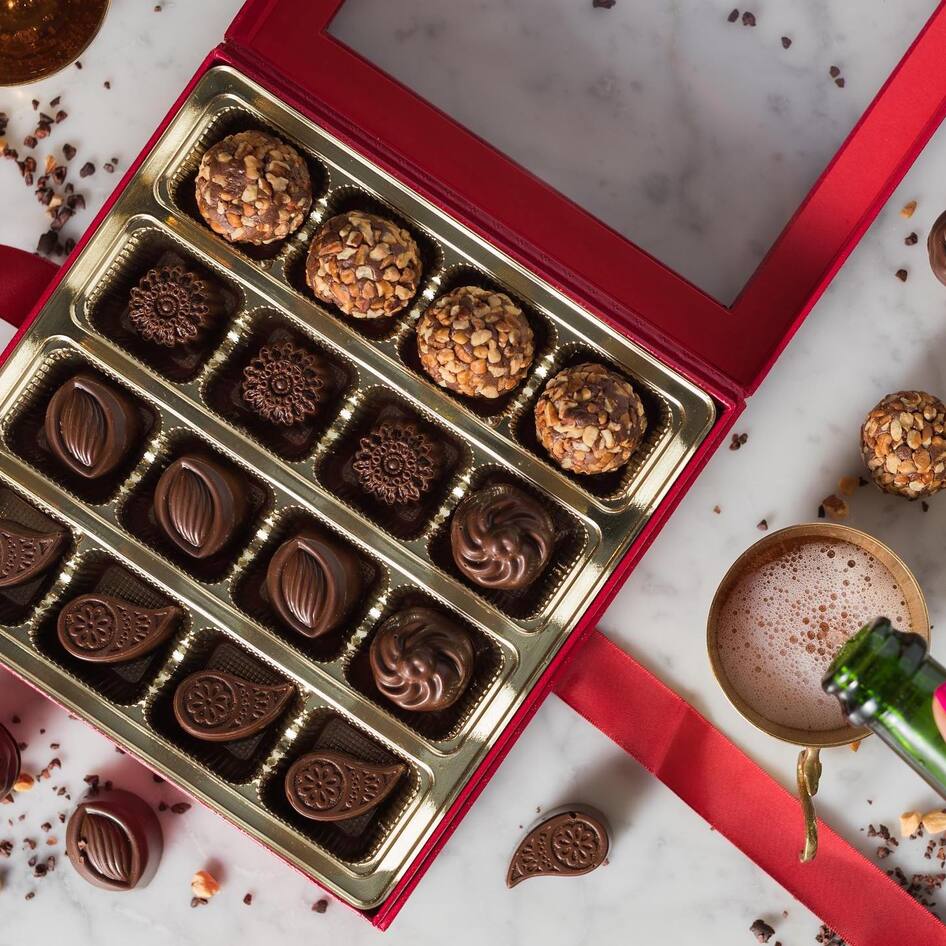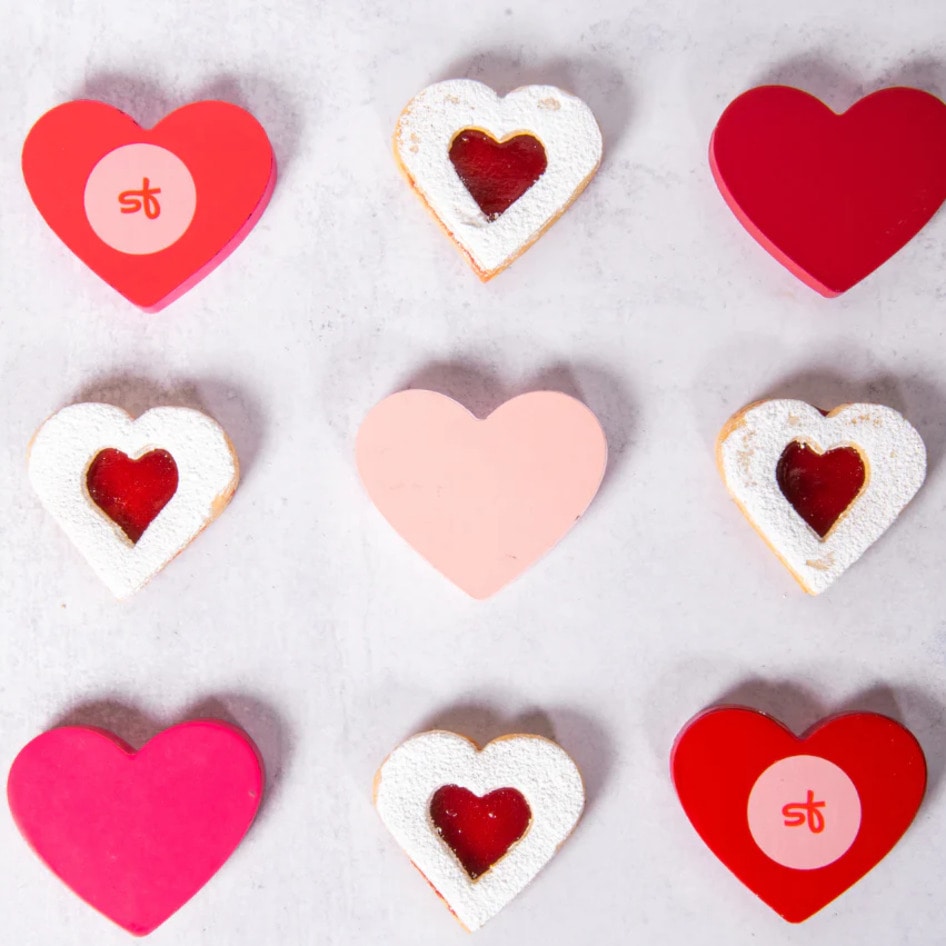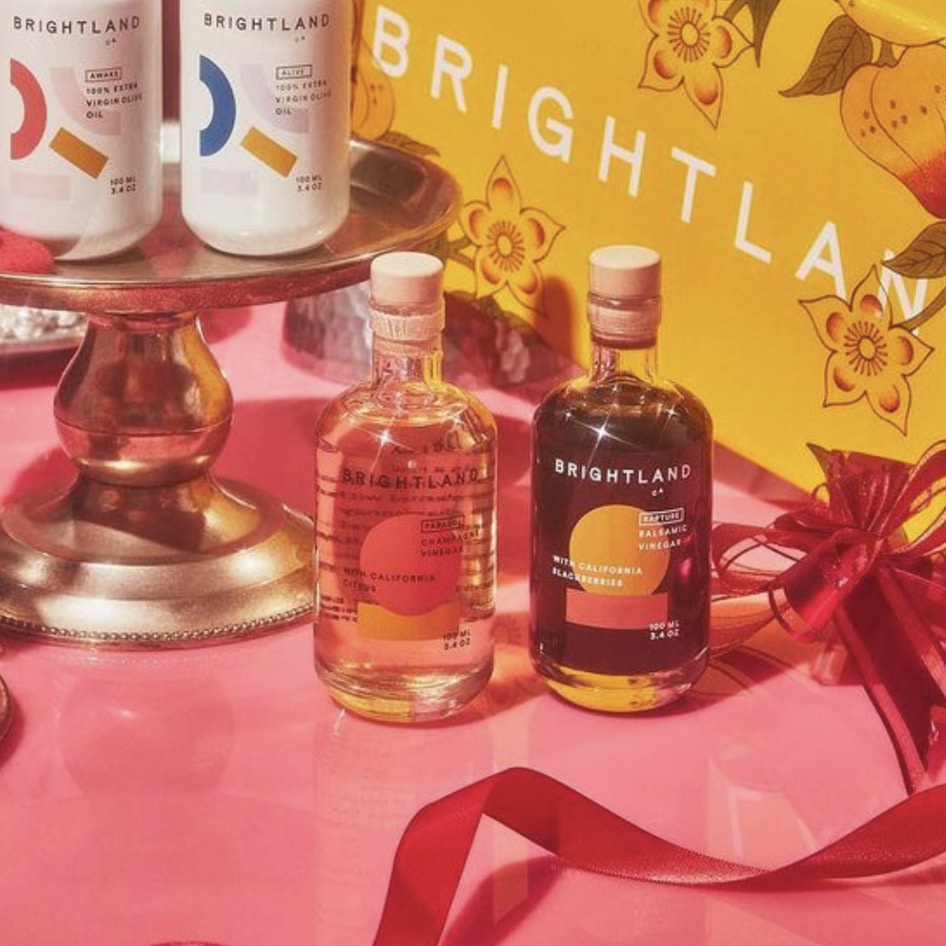Ethical Valentine Gifts for Your Compassionate Sweetheart
Commit to a cruelty-free lifestyle this Valentine’s Day with eco- and people-friendly flowers and jewelry.
February 8, 2012
If your sweetie doesn’t see bouquets or baubles on Valentine’s Day, you could be sleeping on the couch (or worse). But far worse than a cold shoulder is how those roses and cufflinks get into stores. From fossil fuels to farm-laborer exploitation, a whole host of nasty deeds go into many Valentine’s buds and studs. Fortunately, you can avoid harming both humans and the environment with a few tips.
From Farms to Florists
Think factory farming is only for food? Think again. Almost 80 percent of the 4 billion cut flower stems purchased in the US come from flower farms in South America. Hundreds of acres are covered in chemicals and pesticides, seeping into the soil and contaminating water supplies. These chemicals have also caused workers to contract health problems such as skin rashes and respiratory problems. The workers, 70 percent of whom are female, have even been found to have higher-than-average rates of premature births and miscarriages. Additionally, the environmental cost incurred from transporting flowers to the US (including trucks, airplanes, and refrigerator vans) substantially contributes to global warming.
From Terror to Tennis Bracelettes
The gemstone and metal mining industries abuse both labor and environments to make everything from necklaces to watches. The diamond industry is a hotbed of violence—blood diamonds, or conflict diamonds, are diamonds that are sold to fund illegal military and terrorist groups in countries such as Angola, Liberia, and the Democratic Republic of Congo. Gold mining is also a toxic process. The most common method of extraction involves huge open-pit mines where earth is dug up and sprayed with cyanide to extract gold—to the tune of about 18 tons of mine waste for an 18 karat gold ring. The abandoned earth releases heavy doses of toxic chemicals into groundwater and streams. Labor law violations are common in these mines—for example, a February 2011 report on a gold mine in Papua New Guinea stated that workers had been physically and sexually assaulted by members of a private security force stationed at the mine.
Earth-Friendly Florals
The absolute best way to make sure your flowers are cruelty-free and planet-friendly is to buy local and seasonal flowers. If roses are the only option, buy flowers at Organic Bouquet or Organic Style, two companies that are committed to eco- and human-friendly flower production. If you really want to get your Martha Stewart on this year, how about making some flowers of your own? Use recycled paper to make a permanent, handmade (with love!) bouquet.
Feel-Good Jewelry
The best advice for jewelry shopping is simple: ask! If you’re hunting for diamonds, make sure it has a Kimberley Process certification—a system put in place in 2003 to document and track all rough diamonds to ensure they came from conflict-free mines. To ensure that metals like gold and silver have been processed using green practices, you can ask your jeweler or check with Earthworks to confirm the metals came from a mine where workers are treated fairly and mine waste is disposed of responsibly. Additionally, you can buy jewelry from recycled or sustainable materials such as silver and bamboo, or a recycled owner—vintage jewelry is unique and timeless.
With these tips, this year’s Valentine’s gift will not only look lovely but will also be guilt-free. Your ethical bouquet of roses or diamond necklace will have your partner—and the world—feeling the love.
JUMP TO ... Latest News | Recipes | Guides | Health | Subscribe







